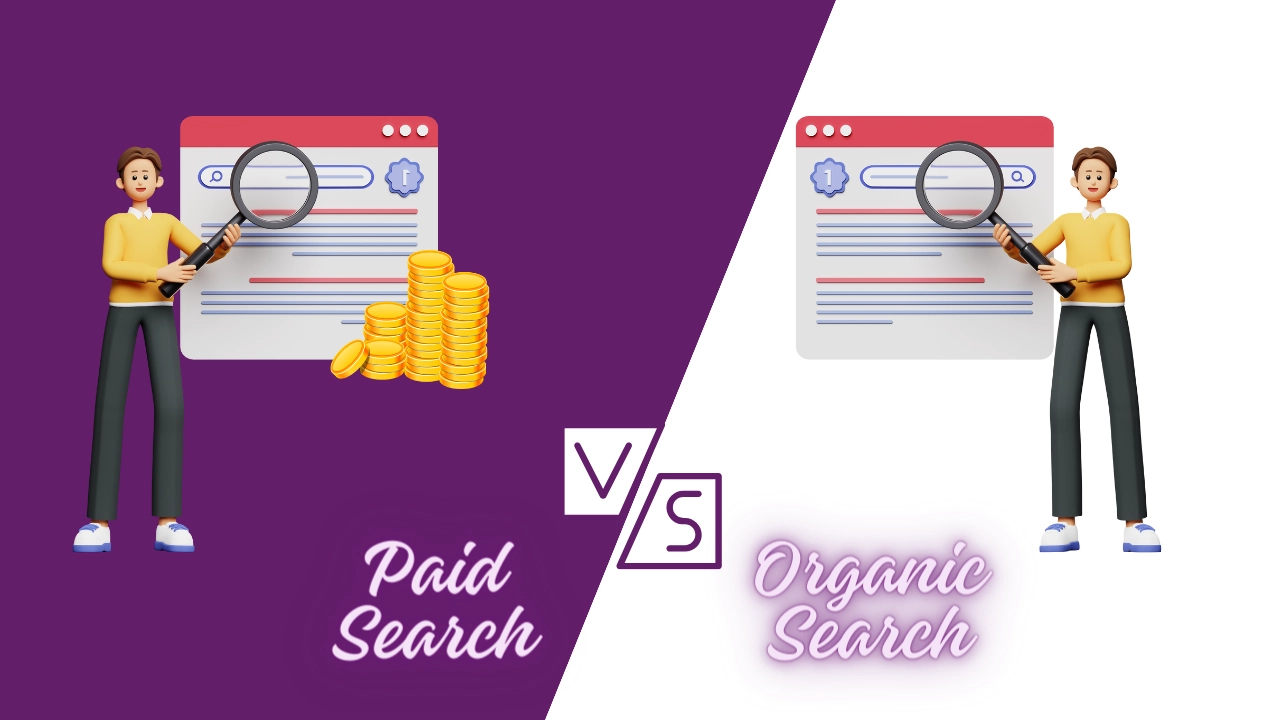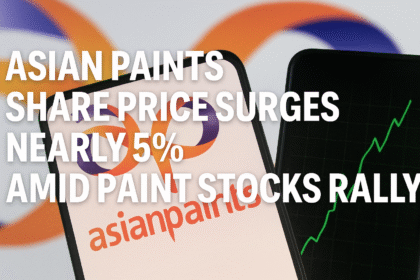As digital marketing continues to evolve, businesses are presented with a variety of options when it comes to promoting their products or services. Two popular methods of digital marketing are paid campaigns and organic campaigns. While both methods have their benefits, choosing the right one for your business can be a challenge. In this blog post, we will discuss how to choose which digital activity is good for your business: paid campaigns or organic campaigns.
Paid Campaigns
Paid campaigns are online advertisements that businesses pay for to appear on search engines, social media platforms, or other websites. These ads can be targeted to specific audiences based on their demographics, interests, and online behavior. Paid campaigns can be effective in generating quick results and reaching a large audience.
Benefits of Paid Campaigns
Targeted Audience: Paid campaigns allow businesses to target their ads to specific audiences, increasing the chances of conversion.
Quick Results: Paid campaigns can generate results quickly, allowing businesses to see an immediate return on their investment.
Measurable Results: Paid campaigns provide businesses with detailed analytics, enabling them to track the performance of their ads and optimize them accordingly.
Flexibility: Paid campaigns offer businesses flexibility in terms of budget and ad format.
Organic Campaigns
Organic campaigns, also known as content marketing, are designed to attract an audience through non-promotional content such as blog posts, videos, and social media posts. The goal of organic campaigns is to create valuable content that resonates with the target audience, driving traffic to the business’s website and increasing brand awareness.
Benefits of Organic Campaigns
Cost-Effective: Organic campaigns are typically more cost-effective than paid campaigns, as businesses do not have to pay for advertising space.
Long-Term Results: Organic campaigns can generate long-term results, as the content created remains on the internet and can continue to drive traffic to the website.
Build Trust: Organic campaigns can help build trust and authority within the industry, as businesses provide valuable information to their audience.
Social Media Engagement: Organic campaigns can generate social media engagement, as users share and interact with the content.
Choosing between Paid and Organic Campaigns
When deciding which digital activity is good for your business, it is important to consider your marketing goals, target audience, and budget. Paid campaigns may be more effective in generating quick results, while organic campaigns may be more effective in building long-term brand awareness.
If your business is looking to increase brand awareness and establish trust within the industry, organic campaigns may be the way to go. On the other hand, if your business is looking to drive immediate results and conversions, paid campaigns may be the better option.
It is also important to note that a combination of both paid and organic campaigns can be effective in reaching a wider audience and achieving marketing goals. Paid campaigns can be used to drive immediate results, while organic campaigns can be used to build a long-term audience and establish brand authority.
Conclusion
In conclusion, choosing between paid campaigns and organic campaigns depends on your business’s marketing goals, target audience, and budget. Paid campaigns can be effective in generating quick results, while organic campaigns can be effective in building long-term brand awareness. A combination of both paid and organic campaigns can be effective in reaching a wider audience and achieving marketing goals. It is important to weigh the benefits of each method and choose the one that best aligns with your business’s marketing strategy.


























